The power to do good is also the power to do harm
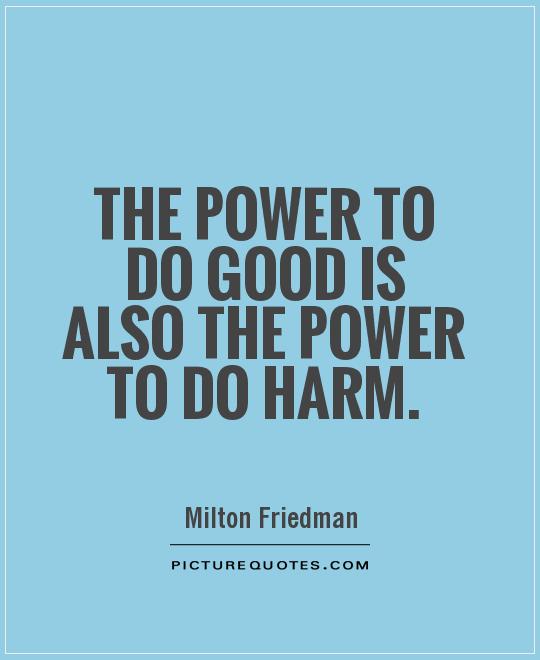
The power to do good is also the power to do harm
Milton Friedman, a renowned economist and Nobel laureate, is often associated with the idea that the power to do good is also the power to do harm. This concept is deeply rooted in his belief in the free market and the role of individuals in society. Friedman argued that individuals should have the freedom to pursue their own self-interest, as this would ultimately lead to the greatest good for society as a whole.However, Friedman also acknowledged that this freedom could be used for harm if not properly regulated. He believed that the power of individuals to make decisions in the marketplace could lead to negative consequences if left unchecked. For example, unscrupulous business practices, such as price-fixing or monopolistic behavior, could harm consumers and distort the market.
Friedman's words serve as a reminder that with great power comes great responsibility. The power to do good, whether through charitable acts or innovative business practices, also carries the potential to do harm if not wielded wisely. This is particularly relevant in today's interconnected world, where the actions of individuals and corporations can have far-reaching consequences.
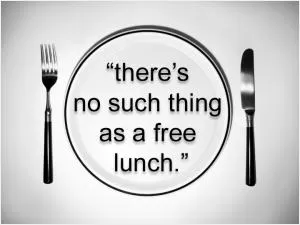
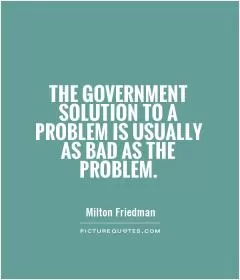
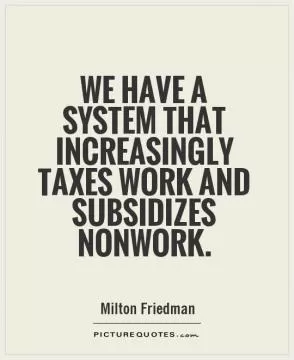
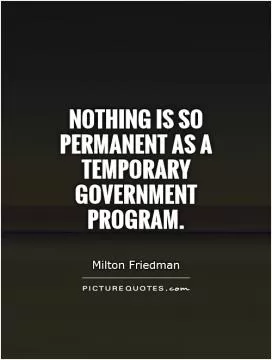
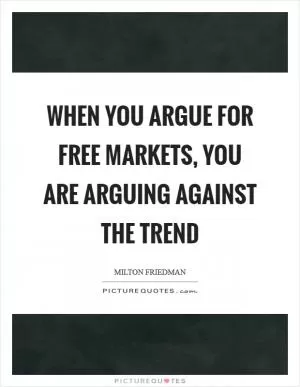
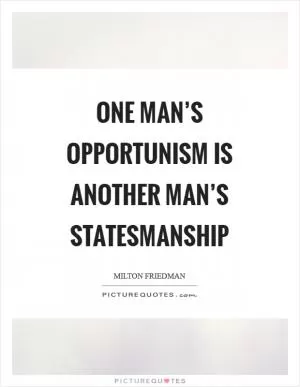
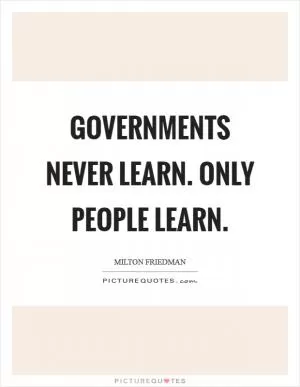
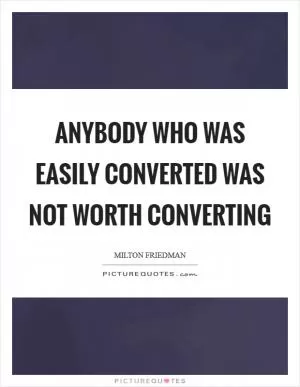
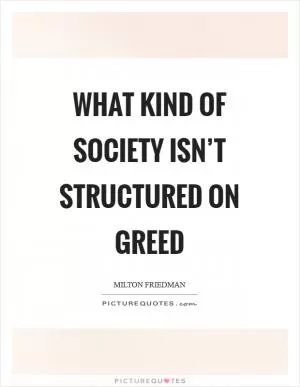
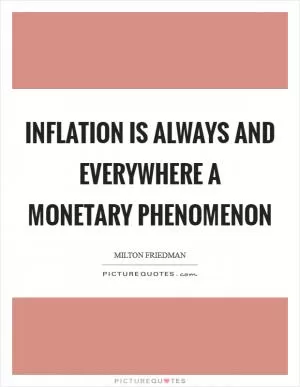
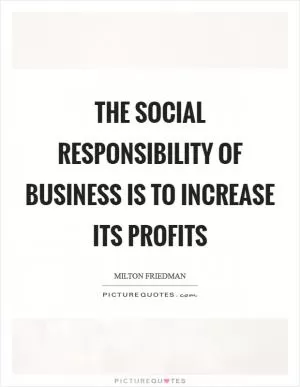
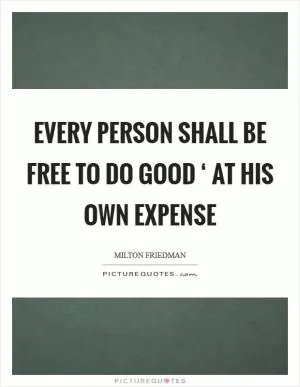
 Friendship Quotes
Friendship Quotes Love Quotes
Love Quotes Life Quotes
Life Quotes Funny Quotes
Funny Quotes Motivational Quotes
Motivational Quotes Inspirational Quotes
Inspirational Quotes